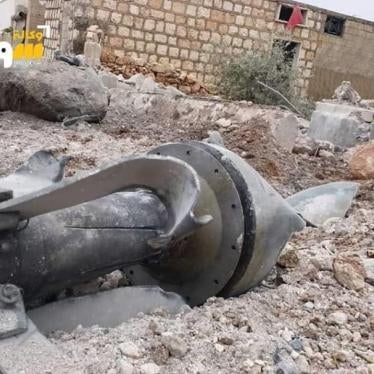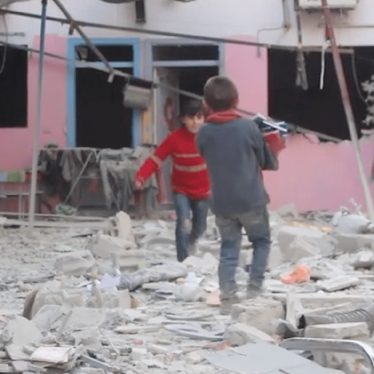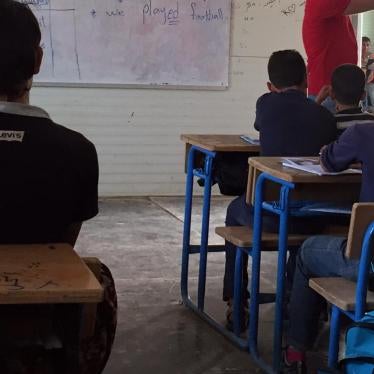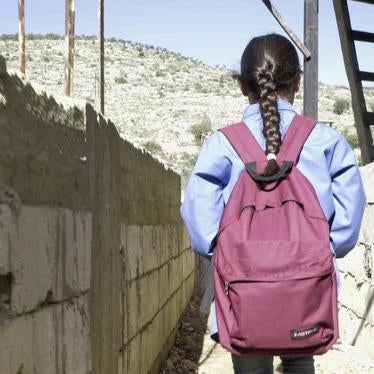As school holidays wind down across much of the northern hemisphere, many children will be having anxious thoughts about the upcoming year: new classmates, new teachers, new courses. But according to a report released this week by the United Nations independent commission of inquiry for Syria, children in Syria will have far more significant concerns: will I be able to go to school? And if I do, will I be safe?
According to the report, more than 2.8 million children in Syria are out of school because of the occupation of their schools by government armed forces or irregular armed groups, or the destruction and general insecurity of their schools.
The report documents an April 30 attack in which 33 children were killed when two government-launched missiles struck their school in the city of Aleppo. According to the report, one of Syria’s many armed groups was using a building that is part of the same school complex as a barracks for approximately 50 fighters. The UN report finds “the timing of the attacks and their repetitive nature indicates that the attacks had the intention of wounding and killing as many people as possible.… Government forces could not [have] consistently mistaken their target to be the school building rather than the adjacent barracks.”
The saddest of ironies is that children and parents were gathering at the school that morning for an exhibition of children’s art, depicting their experiences of the conflict.
And government forces are likewise setting up inside schools and using them for military purposes such as barracks and firing positions. A girl from Dar`a told the commission that most schools in her area were no longer operational because they had been occupied by government forces and surrounded by snipers.
The government is not the only side targeting schools. Human Rights Watch has consistently documented attacks on schools by different sides for the duration of this war, including the use of incendiary weapons. The UN report also finds that anti-government forces shelling of schools in Damascus was “calculated and deliberate.”
In a rare unified statement on Syria last February, the UN Security Council called on all parties to demilitarize schools and stop attacks directed at schools that have not become military objectives. The anti-government Free Syrian Army has since issued a statement prohibiting the military use of schools by their troops – all parties to the conflict should do the same. Deliberate attacks on schools that are not being used for military purposes are war crimes, and those responsible should be prosecuted, including by the International Criminal Court if necessary.
The Security Council has also recently encouraged all countries to consider concrete measures to deter the military use of schools. The Lucens Guidelines for Protecting Schools and Universities from Military Use during Armed Conflict offer clear and realistic guidance on the explicit protections that should be incorporated into military policies and doctrine.
Syrian children deserve to have more trivial jitters at the beginning of the school year.









